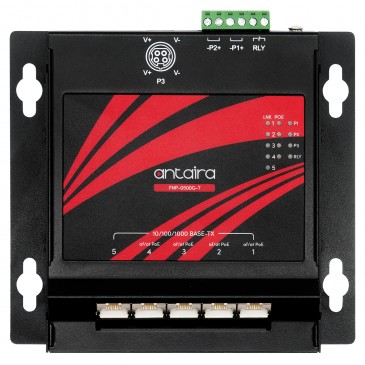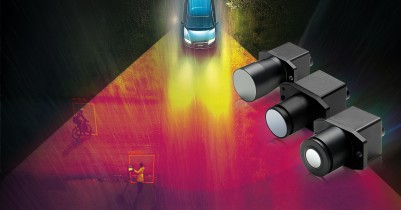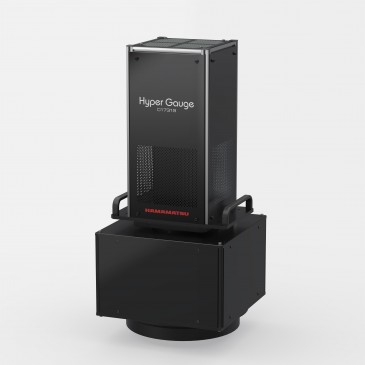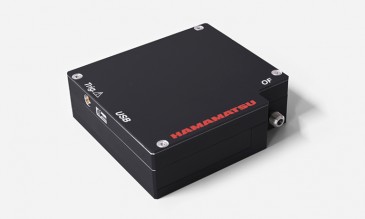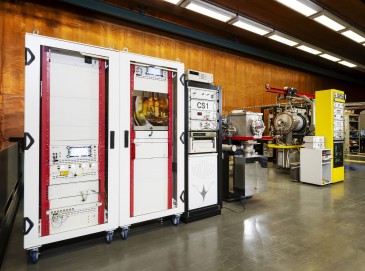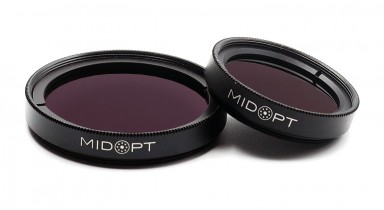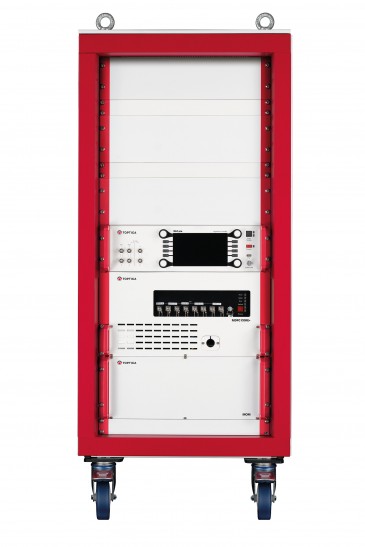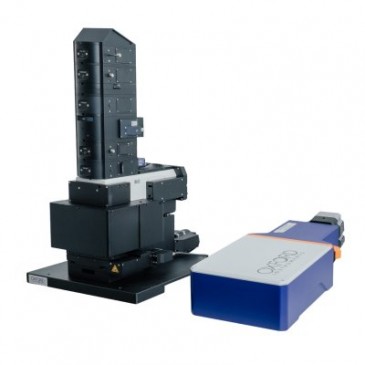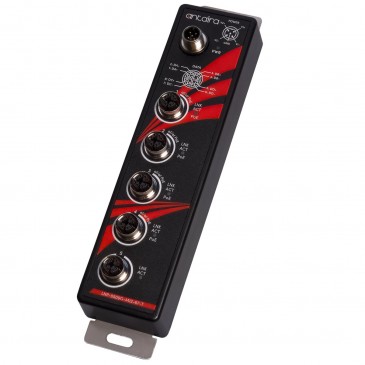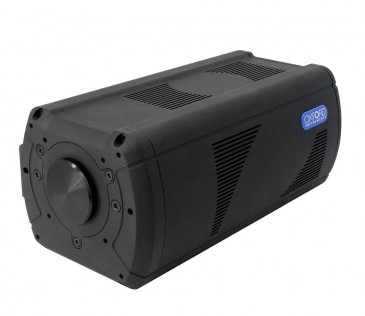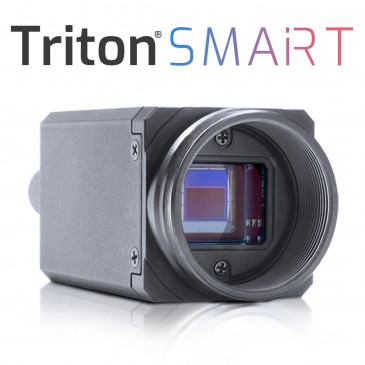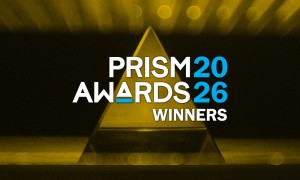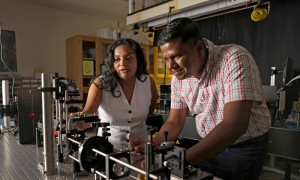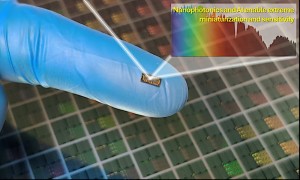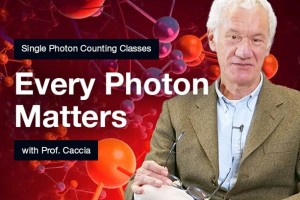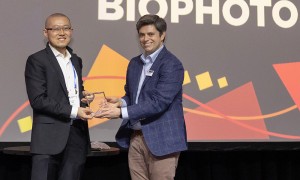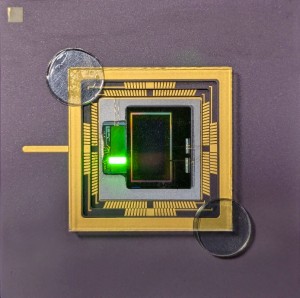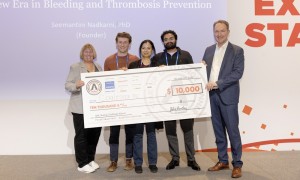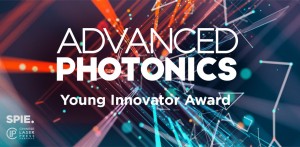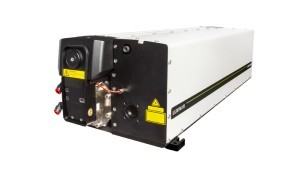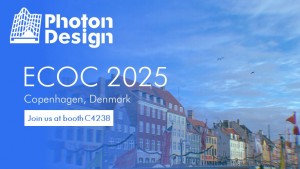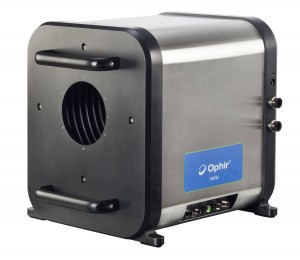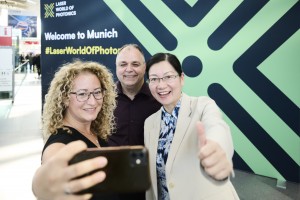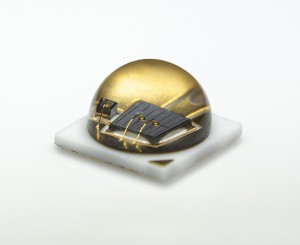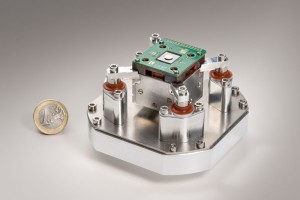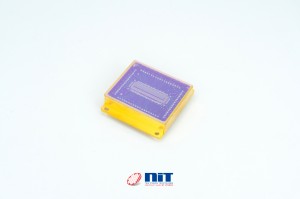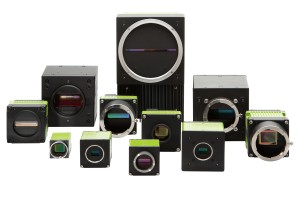Bioherent a Spain-based startup developing a rapid plug-n-play solution to revolutionize drug allergy tests. Antonio Raspa, EPIC’s Senior Photonics Technology Manager, had a chance to speak with Jonas Leuermann, Head of Engineering at Bioherent, to learn about his background and what led to the company launch.
Early career
In 2010, Jonas went to RWTH Aachen University to study a BSc in Electrical Engineering, Information Technology and Computer Engineering. This was followed by an MSc, during which time he developed an interest in photonics, worked as an intern at ADVA Optical Networking in Meiningen, and later designing integrated photonic devices for biophotonics applications as part of the EU PIXS4LIFE project at the Institute of Integrated Photonics (IPH) in Aachen. Then, in 2017 he began a PhD in Telecommunications, founded by the European Union’s Horizon 2020 Marie SkÅ‚odowska-Curie program, at the University of Malaga, which involved research at BIONAND, a multidisciplinary research centre co-founded by the university to develop new nano systems to diagnose, prevent and treat diseases. Working in the Photonics and Radiofrequency Laboratory, Jonas spent the next four years collaborating with scientific chemists, mechanical and photonic engineers and experts in the treatment of allergic diseases to develop a portable silicon PIC-based device for use as a revolutionary drug allergy test.
Bioherent
By 2021, they had developed a laboratory prototype using ultra-sensitive photonic biosensors for the rapid and accurate detection of drug allergies, such as beta-lactam antibiotics. The problem of identifying people with allergies to beta-lactam antibiotics like penicillin, is that the allergy is extremely difficult to verify with modern in-vitro diagnostic techniques because these drugs are so small that they need a proper carrier molecule so that the corresponding antibodies can recognize them. Additionally, the allergy triggering antibodies are typically present in ultra-low concentrations. As a result, it is estimated that 70-90% of people who are identified as beta-lactam allergy sufferers are in fact not allergic at all, which creates a huge waste of time and money for hospitals and the health care system.
Having developed a rapid, reliable, in-vitro, low-cost diagnostic device that could successfully address these issues, in 2021, the nine founders, among them Jonas, from BIONAND and the University of Málaga decided to co-found Bioherent as a spin-off to commercialize the technology, with the help of Bullnet Capital a VC.
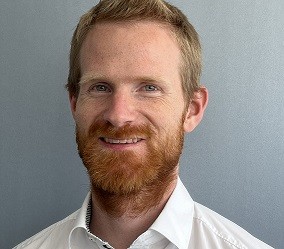
A major advantage of their technology was that unlike other integrative photonic biosensor systems, it did not require demanding components and would therefore be relatively cheap to manufacture and easy to apply.
Company development
Over the past 12 months, one focus has been on raising investment to cover the costs of six full time employees comprising an administrator, three engineers including Jonas, and two scientific chemists. The other objective has been to develop a first protype for tests in a real clinical environment. As Jonas confirms, securing initial investment was not particularly difficult due to the fact that their investors were not only convinced by the technology but by the fact that they were aiming to address a real problem and meet a real demand for a reliable and low cost detection device for beta-lactam allergies.
The future
Once they have developed a more sophisticated prototype suitable for extensive clinical trials, they will need to grow the R & D team to actually design a manufacturable product. In the next two to three years, this will require expanding the workforce to around 40 people and securing further investment from both VCs and European projects.
But Jonas is well aware of the challenges that will need to be overcome to make this a reality. As he points out, although the COVID pandemic showed the importance of medical diagnostics for society and Bioherent has a rapid, reliable and cost-effective solution for detecting drug allergies, they are entering a field where only a few people know how to handle due to the complexity of the technology and the task, apart from complying with demanding regulations for medical devices. As he now knows, the regulatory framework in Europe for medical devices makes the development a very challenging task. There are so many regulations and documents, that on occasions, he has had to stop working on the design to check whether it complies with a particular regulation or to determine the risks involved as part of the obligatory risk management. The need to engage in these new areas has been challenging for the whole team as most are from an academic background.
However, despite being a small company where everything is new, they have already learned a lot and Jonas is confident that Bioherent has the know-how and determination and will acquire the necessary expertise to meet these challenges and compete successfully. As he says, over the last decade, photonic biosensing structures have demonstrated their huge potential, and as their sensor provides significant advantages compared to other existing technologies, Bioherent is in an excellent position to become a market leader in drug allergy detection.
If you started again, what would you do differently?
“If I had known that I would co-found a start-up in Spain, I would have definitely put more emphasis on improving my Spanish. In the first years of my PhD, I almost always used English during my work, and I didn’t have much motivation to learn Spanish. But now that's completely changed and I’m at a huge disadvantage because many times when I’m in a meeting that’s in Spanish, I spend more time just following the conversation and understanding than actually participating.
I would also take some extra business management courses to prepare me for working as an entrepreneur. When I started, I was a little lost with all the new things I had to do like making a business plan, checking what our competitors were doing and how our technology was better than theirs, which as an academic, I didn’t know much about. Fortunately, our investors put us in touch with people who had set up their own companies, acted as mentors, and gave us valuable advice on how to drive the business forward and what mistakes to avoid.”
What’s your advice for the next generation of photonics entrepreneurs?
“First, there’s a huge demand for photonics engineers, so you are virtually guaranteed a good salary. In regard to specific areas, one thing I like especially about biophotonics and also why I started Bioherent is that the work is very multidisciplinary, and I like the idea that there are chemists, engineers, biologists who have to work together 100% to reach very ambitious goals like the better detection of beta-lactam allergies. Apart from biophotonics, LiDAR for automotive applications is becoming more popular and there is also telecommunications, which is still the biggest photonics user.
Secondly, if you have the opportunity and passion to set up your own company you should definitely try it. If not, you will most likely regret it later because it can be an incredible, and intensive experience where you can learn a lot both professionally and personally, for example, how to deal with stress and how to maintain a healthy work/ life balance, which is very challenging, especially in the first months and years of a new company.
Thirdly, be willing to look for help - you don't have to solve everything by yourself. There are many people who’ve already gone through the process and who are usually willing to share their experience and give advice.
Finally, it’s important to have a team that you can rely on with people who are as ambitious as you and prepared to sacrifice some of their time to make the company a success.”
Photo: from left to right: Jonas Leuermann, Violeta Gil, Carlos Fernández, Diego Guzmán, Anjara Morgado, Adrián Whale
Written by Antionio Raspa, EPIC.

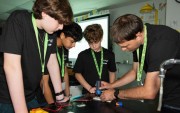
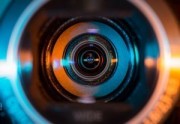

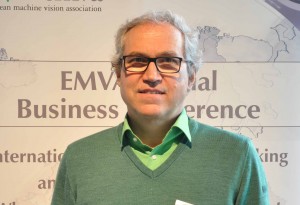
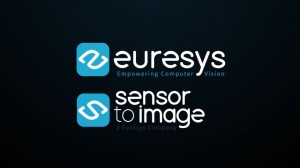
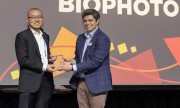


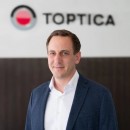
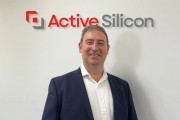
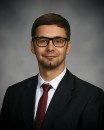

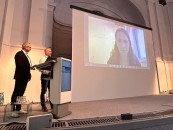
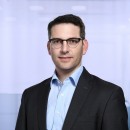
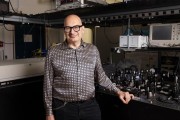
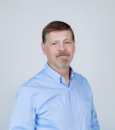

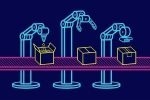
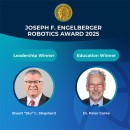
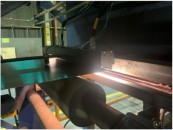
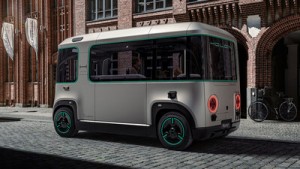
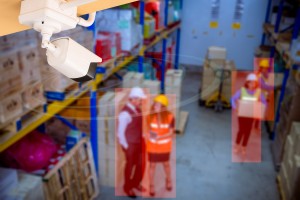
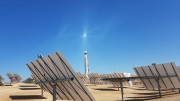
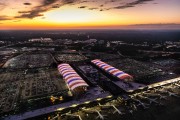
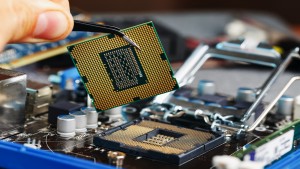

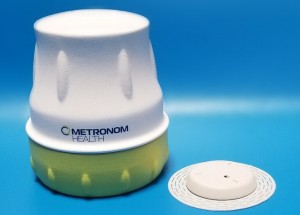
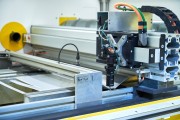

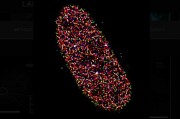
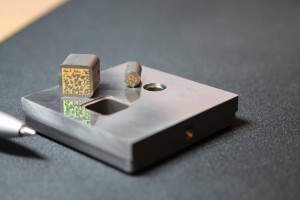
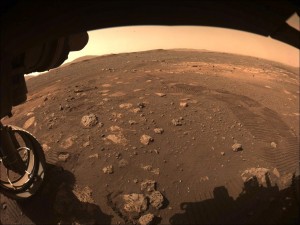
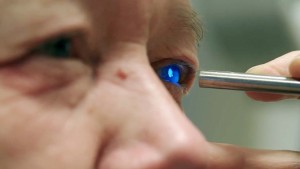
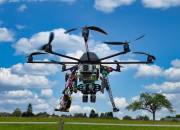
 Back to Features
Back to Features